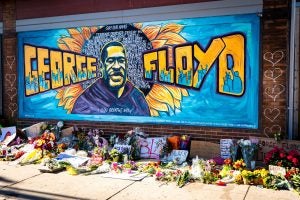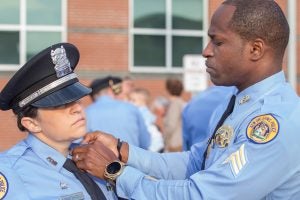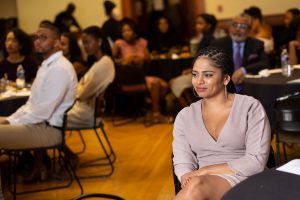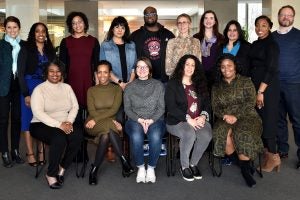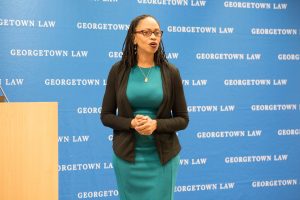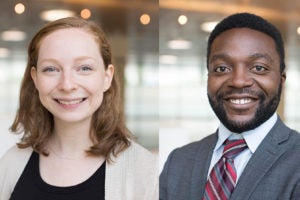Police Departments Across Country Embrace Active Bystandership to Prevent Harm
September 29, 2020 Race & LawWASHINGTON – Amidst high demand, Georgetown University Law Center’s Innovative Policing Program has selected the first 34 agencies to join the Active Bystandership for Law Enforcement (ABLE) Project, a national training and support initiative focused…
